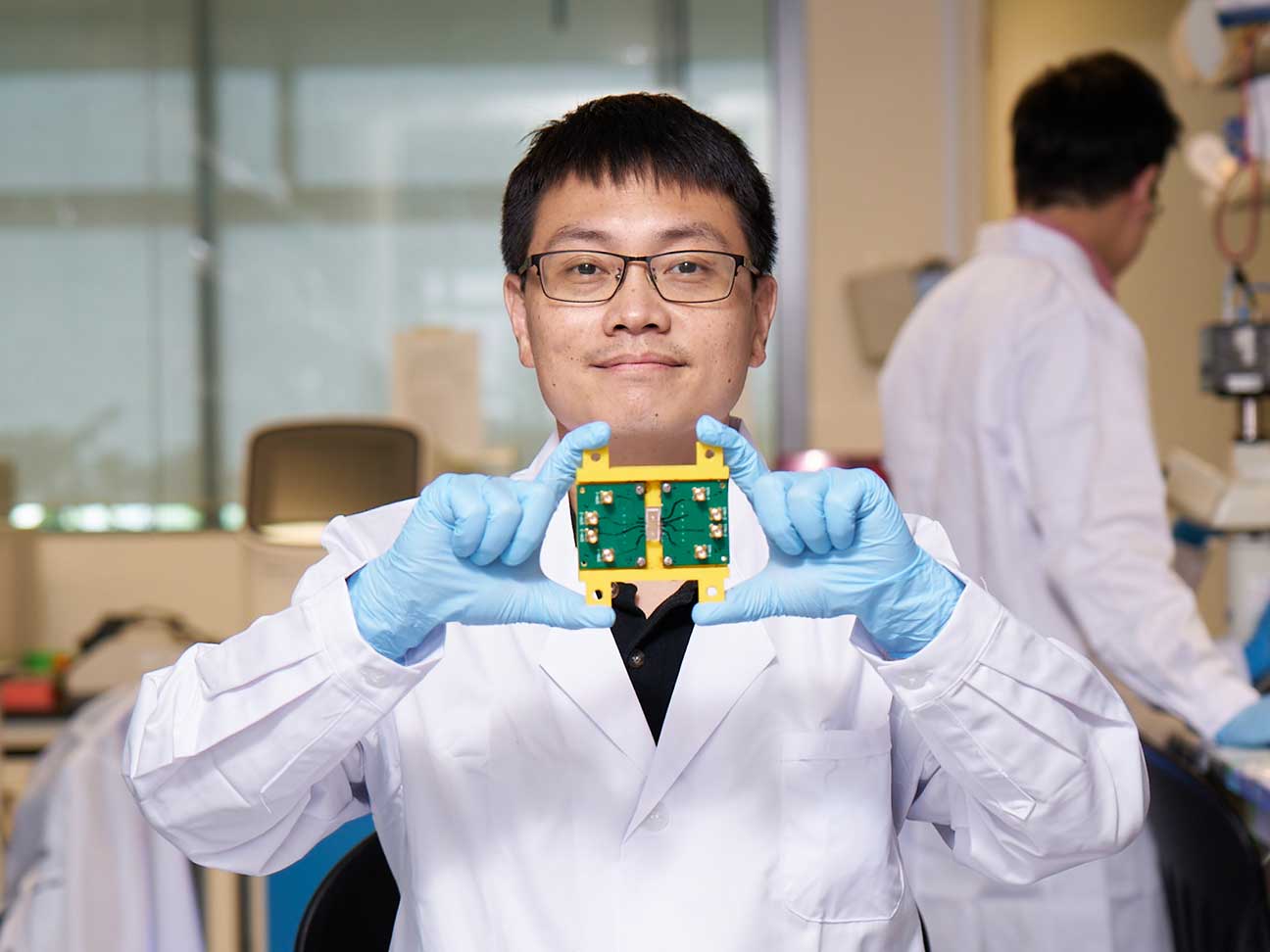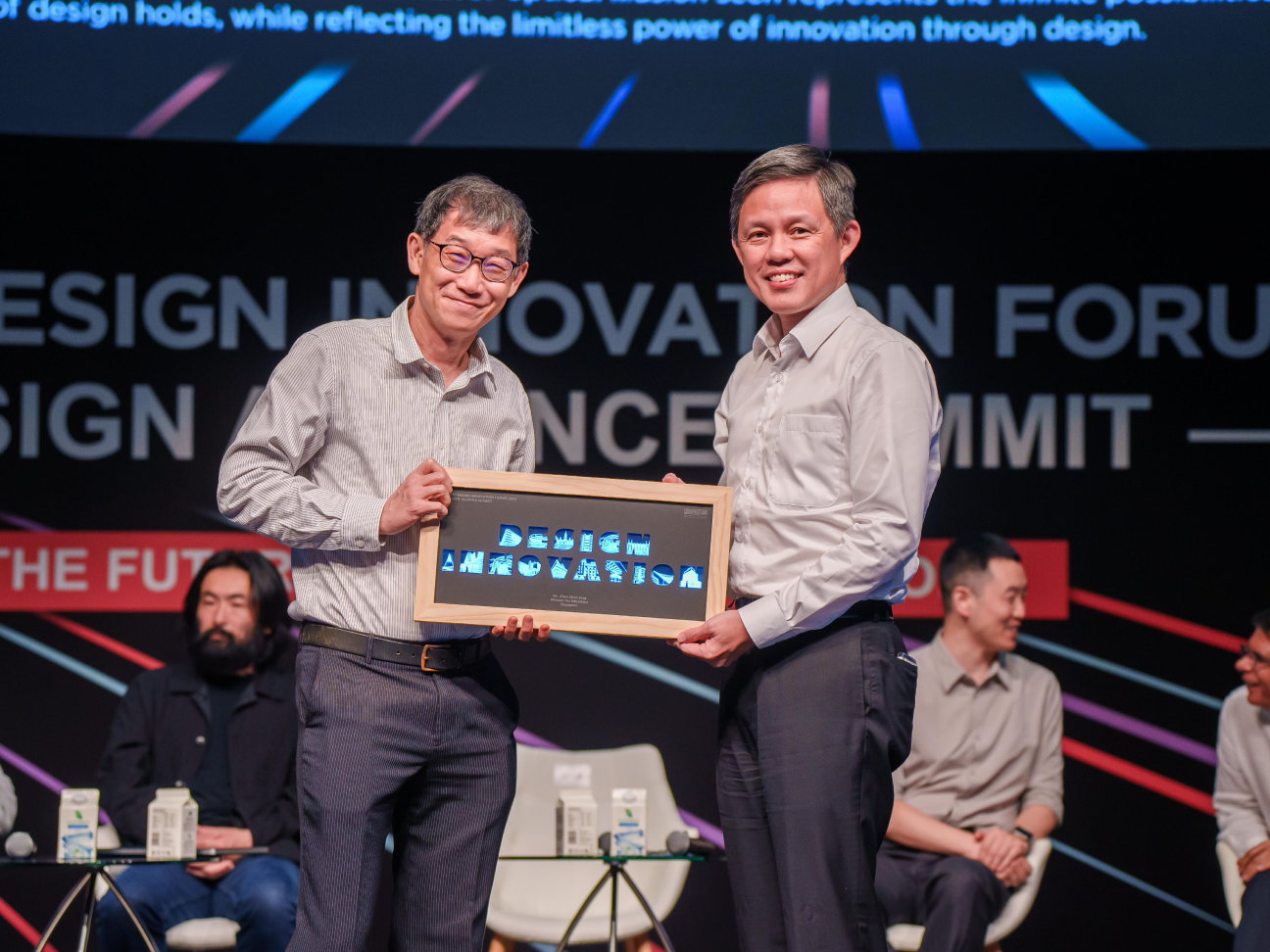Events

Energy-aware edge AI accelerator design for applications from CNNs to LLMs
ISTD PhD Oral Defence Seminar by Dongrui Li – The dissertation investigates four AI accelerator design directions, each validated through tapeout prototypes. Spiking Neural Network (SNN) accelerators are explored with in network computing.


Master of Architecture information session for intake 2026
The SUTD’s Master of Architecture (MArch) programme offers a future-forward professional degree programme, highlighting design and research for sustainability and the digital transformation of the architectural profession. The programme launches the careers of leaders in architecture by emphasizing independent critical thinking in a thesis project, supported by close collaborations with faculty on cutting-edge research.


Towards trustworthy and explainable AI for multimodal hate content moderation
ISTD PhD Oral Defence Seminar by Hee Ming Shan – The proliferation of hateful multimodal content, particularly in the form of hateful memes, poses significant threats to online safety and social cohesion. Although deep learning systems, especially vision-language models, are essential to automated multimodal content moderation, they operate as black boxes, offering limited explainability into their decision-making processes.


Software-hardware co-design for energy-efficient neural network accelerators
ISTD PhD Oral Defence Seminar by Tomomasa Yamasaki – This dissertation proposes an integrated research framework that spans algorithm-level network evaluation, hardware-aware optimisation, and cycle-accurate performance simulation.


Explaining graph-based misinformation detection models
ISTD PhD Oral Defence Seminar by Chin Wai Kit Daniel – Social media and social networking platforms have greatly connected people worldwide and democratised information creation and propagation by facilitating seamless and almost instantaneous information sharing between people and communities.


Leveraging out of distribution testing to build robust machine learning systems
ISTD PhD Oral Defence Seminar by Sai Sathiesh Rajan – This dissertation serves to remind us of the importance of thoroughly testing machine learning models before deploying them as they can cause societal, economical and reputational damage.


Beyond scale: efficient pre-training and controllable post-training for language models
ISTD PhD Oral Defence Seminar by Zeng Guangtao – Language models are foundational to modern artificial intelligence, but their development is often constrained by challenges in efficiency, controllability, and reasoning. In this thesis, we aim to address these limitations by introducing advanced paradigms at both the pre-training and post-training stages.


Context-aware perception in adverse conditions
ISTD PhD Oral Defence Seminar by Tan Yu Xiang – Adverse conditions such as rain or murky water environment, significantly impacts various perception tasks. In rain conditions, the images captured are easily corrupted by both raindrops on the lenses and lens flare. Meanwhile in turbid underwater conditions, the murkiness reduces the contrast and saturation of the image. To tackle these problems, we utilise contextual information to improve robustness of perception algorithms.


Analysis and synthesis of audio with AI: from neurological disease to accented speech and music
ISTD PhD Oral Defence Seminar by Jan Melechovsky – In the modern era, new technology is opening opportunities to help various groups of people around the world. In this thesis, deep learning and audio processing is utilized to target the needs of and develop specific applications for patients with progressive neurological diseases, speakers of non-native English accents, and amateur and leisure musicians and music enjoyers.


Advancing signal processing with modulo sampling: theory, algorithms, and applications
ISTD PhD Oral Defence Seminar by Qi Zhang – Analog-to-digital converters (ADCs) are crucial in signal processing but face challenges when handling high-dynamic-range signals. In radar systems, the coexistence of strong and weak targets can lead to significant information loss due to ADC limitations.





